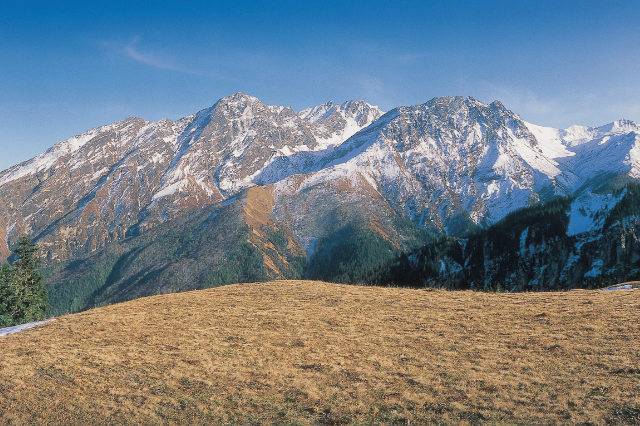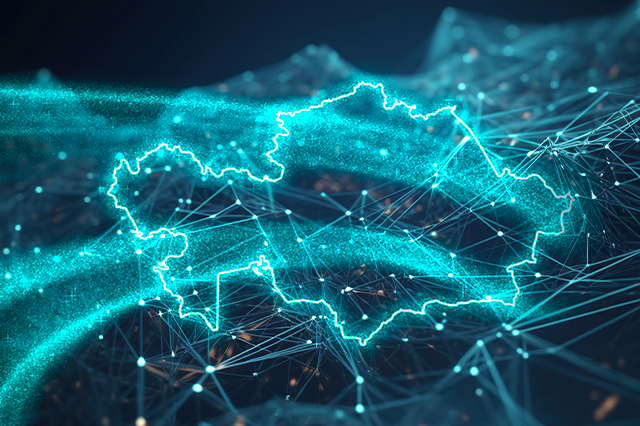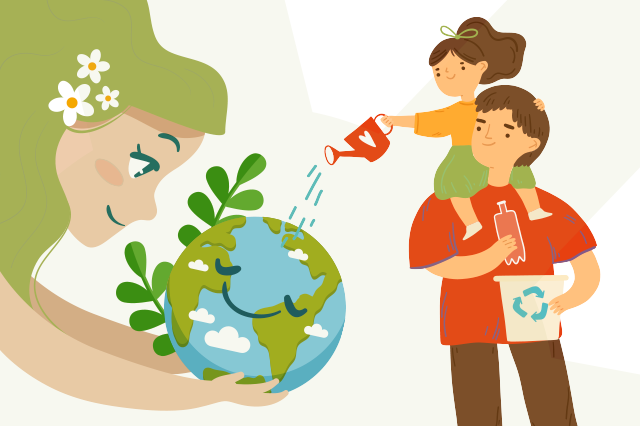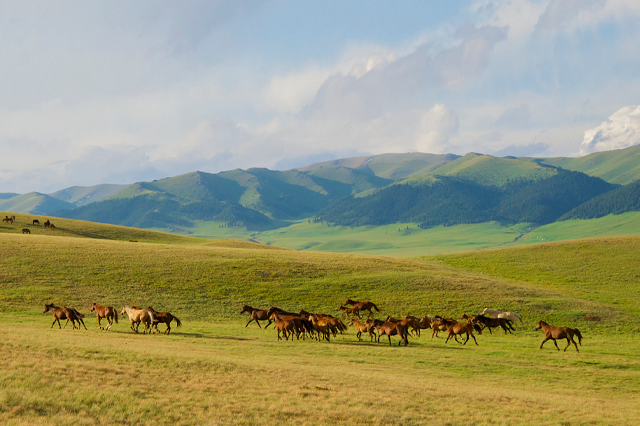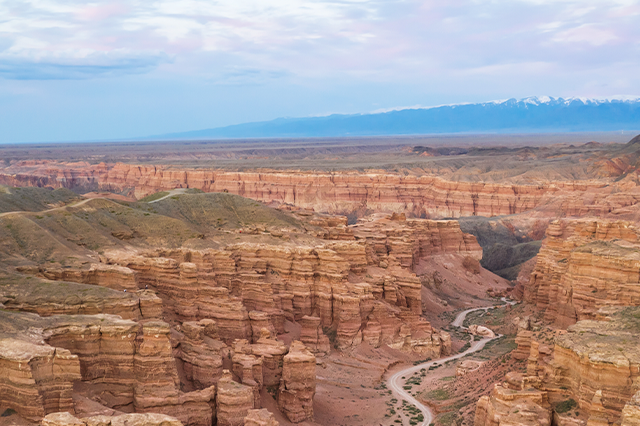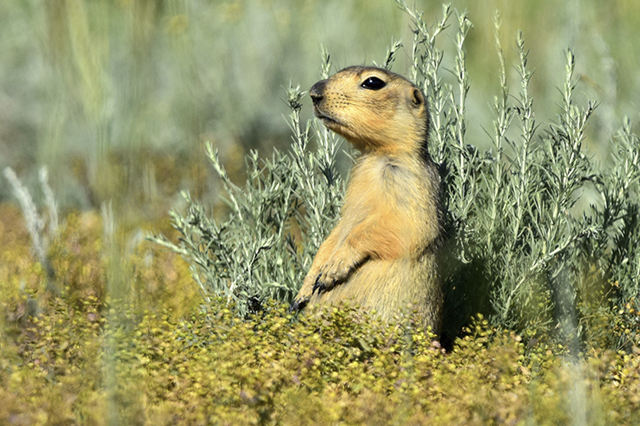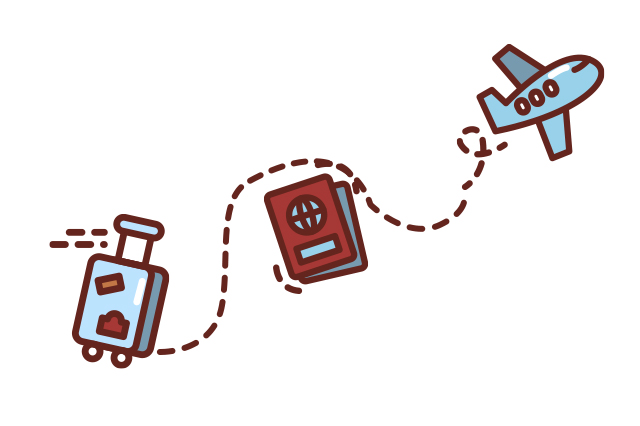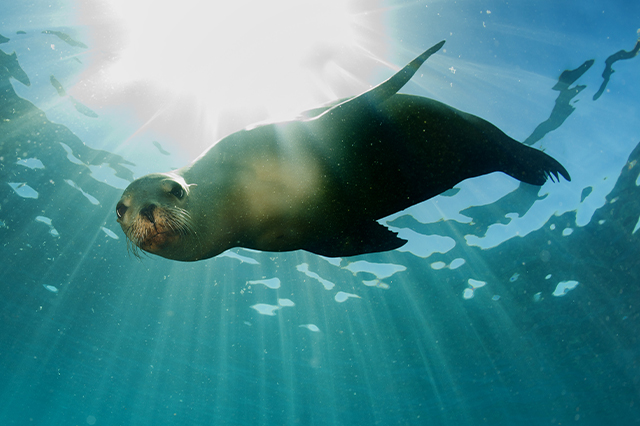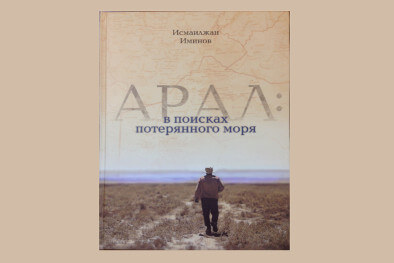The Caspian Sea, the world's largest enclosed body of water, is home to Caspian seals (Pusa caspica), the only marine mammals found in this unique ecosystem. The seals, which are endemic to the Caspian Sea, have faced a number of threats in recent years, including overfishing, pollution, climate change, and oil and gas exploration.
Overfishing poses a serious threat to Caspian seals. It reduces their food base and increases competition for remaining fish. The Caspian Sea is a source of caviar, a luxury product highly prized worldwide. As a result, sturgeons, being the main source of food for Caspian seals, are on the verge of extinction. According to the International Union for Conservation of Nature (IUCN), the Caspian seal population has declined by 90% over the past century, with overfishing being a major factor.
Pollution is another serious threat to the Caspian seals. The Caspian Sea is surrounded by Russia, Iran, Kazakhstan, Turkmenistan, and Azerbaijan, where industrial and agricultural enterprises operate that produce pollutants. These substances enter the sea through rivers and other waterways, accumulating in the food chain and eventually reaching Caspian seals. Heavy metals such as mercury and cadmium are harmful to seals and cause health problems, including reproductive failure, immune system suppression, and neurological disorders.
Climate change also significantly affects Caspian seals. As temperatures rise, the sea ice that seals use as a breeding and resting platform shrink, making seals vulnerable to poachers and difficult to find food. The warming waters of the Caspian Sea also lead to the spread of diseases affecting seals, such as morbillivirus and brucellosis.
Oil and gas exploration is another severe threat to Caspian seals. The Caspian Sea is rich in oil and gas reserves, and in recent years a number of countries have been exploring and exploiting these resources. These activities are damaging the environment, including oil spills and habitat destruction. In addition, the seismic surveys used in oil and gas exploration are quite loud - disrupting the communication and navigation of marine mammals, including Caspian seals.
Given these threats, the future of the Caspian seal looks uncertain. The IUCN now lists the Caspian seal as an endangered animal, and the population continues to decline. According to a 2019 study published in the journal Aquatic Conservation, the Caspian seal population is projected to decline another 90 percent by 2100 if current trends continue. This makes the Caspian seal one of the most endangered and vulnerable marine mammals in the world.
In order to protect the Caspian seal and its ecosystem, it is important to take measures that will help save Caspian seals and their ecosystem:
Reduce overfishing. This can be achieved by introducing catch quotas, selective fishing methods, and restrictions on using fishing gear with high bycatch rates.
Pollution Control. Can be achieved by implementing regulations and monitoring programs to ensure that industry and agriculture operate in an environmentally sustainable manner, and by promoting best management practices.
Mitigating climate change. Includes reducing greenhouse gas emissions by introducing renewable energy, improving energy efficiency, supporting reforestation, and other natural solutions that will help absorb carbon dioxide.
Regulating oil and gas exploration. This can be achieved by implementing regulations that require companies to implement best practices to minimize environmental impact and prepare for and respond to oil spills.
Creating protected areas. Creating such areas will help protect the Caspian seal and its ecosystem from human impact. These areas can be designed to protect the seals' habitat, breeding, and feeding grounds.
Research and monitoring support. Research and monitoring programs will provide important information about Caspian seals and ecosystems that can be used to make conservation and management decisions.
Public Awareness Raising. Public awareness campaigns will raise awareness of the threats facing Caspian seals and the importance of protecting them. This will help build support for conservation efforts and encourage people to take action to reduce environmental impacts.
By implementing these measures, we can work to protect Caspian seals and their unique ecosystem. It is important that the countries bordering the Caspian Sea work together to implement these measures and ensure the long-term survival of this species.



